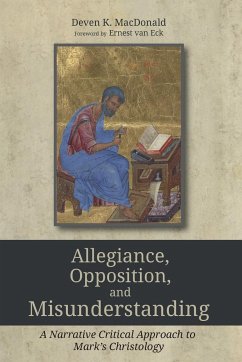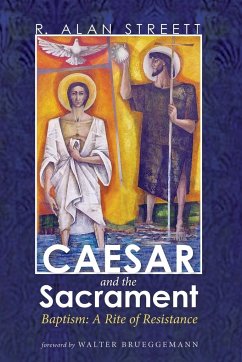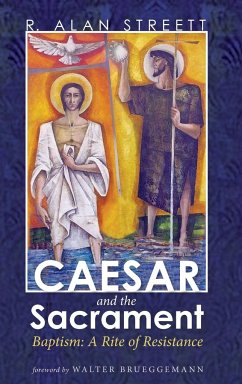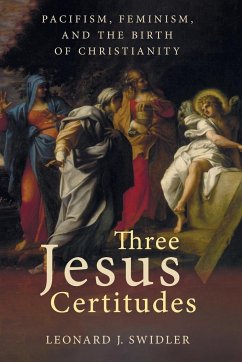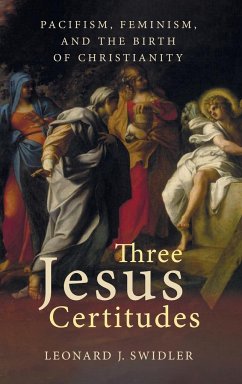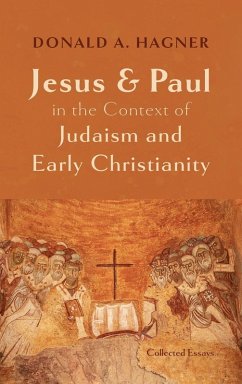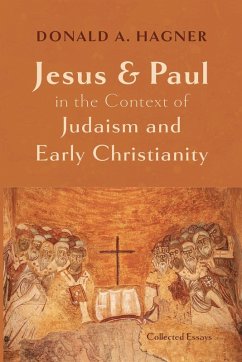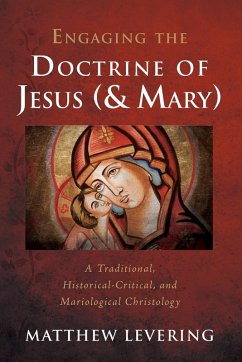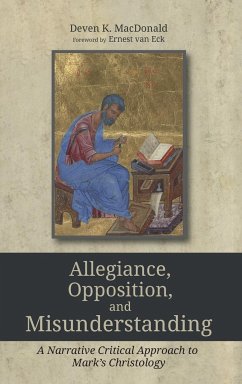
Allegiance, Opposition, and Misunderstanding
Versandkostenfrei!
Versandfertig in 1-2 Wochen
35,99 €
inkl. MwSt.
Weitere Ausgaben:

PAYBACK Punkte
18 °P sammeln!
The central aim of the Gospel of Mark is to introduce the reader to Jesus Christ, the Son of God. In this book, MacDonald examines not just what the Gospel writer says, but also how he says it. When the Gospel of Mark is examined as a complete work, and the motifs of allegiance, opposition, and misunderstand are traced through the narrative, Mark is seen to be a rather sophisticated literary work. The Gospel writer is not simply a compiler of tradition, but one who shaped his narrative for specific rhetorical aims, namely, that his audience--both ancient and modern--would recognize Jesus as th...
The central aim of the Gospel of Mark is to introduce the reader to Jesus Christ, the Son of God. In this book, MacDonald examines not just what the Gospel writer says, but also how he says it. When the Gospel of Mark is examined as a complete work, and the motifs of allegiance, opposition, and misunderstand are traced through the narrative, Mark is seen to be a rather sophisticated literary work. The Gospel writer is not simply a compiler of tradition, but one who shaped his narrative for specific rhetorical aims, namely, that his audience--both ancient and modern--would recognize Jesus as the Son of God and respond to him with allegiance. ""Readers interested in narrative-critical theory and related approaches will appreciate Deven MacDonald's assembly of secondary sources and thoughtful perspective on an important topic in biblical studies."" --Keith Bodner, Crandall University ""Biblical scholars have too often seen many trees but no forest in their attempts to discern how the Gospels came to exist in their present form. Deven MacDonald, while aware of the benefits of such forms of biblical criticism, demonstrates the value of an approach to Mark's Gospel grounded in narrative criticism that views the text itself as a coherent whole. He gives a convincing argument for a narrative centered on Mark's understanding of Jesus as 'the Son of God' interpreted in light of the conceptual background of the Hebrew Bible."" --Stanley K. Fowler, Professor of Theological Studies Deven K MacDonald is the Lead Pastor of Summerside Community Church in London, Ontario. He has a PhD from the University of Pretoria.





